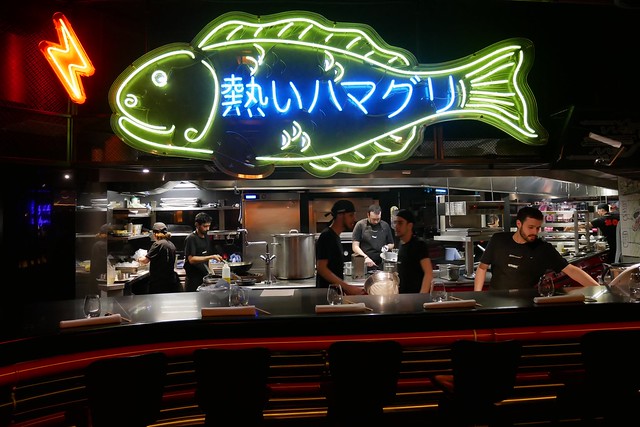The food industry is one that is continuously growing – and you don’t need to run a large food business to be successful. Whether it’s a kiosk, a café, restaurant or even a street food van vendor, when you’re running a small food business for the first time, it’s important that you understand how to handle, store and serve the food that you sell.
The quality of your products should be your priority; you need to keep your customers safe from any allergens that could be in your food. You should follow EU law and legislation surrounding food standards. Erudus, a company which stores and shares food labelling information within a data pool for customers’ benefit, has helped to put together this start-up guide for those aiming to run their own small food business:
Preparing your business
Before you can open your business to the public, you need to register your business and premises to the environmental health service – this should be done 28 days before you open. Don’t worry, registration is free. Just remember that if you have more than one premises then you’ll need to register them all, even after you have registered one under the same name.
Presentation
When running a business that involves selling food, it is important that all products for sale have the correct labelling, advertising and presentation. This is to avoid misleading the customer. This is stipulated by Article 16 of The General Food Law Regulation (EC) 178/2002. Labelling should clearly stipulate the product for sale, as well as address any allergen information contained within the food on the packaging. It is worth getting to grips with the EU Food Regulations for this.
How to trace your food
It is stipulated by Article 18 of The General Food Law Regulation (EC) 178/2002, that all businesses should keep a clear record of food, food substances, and the food-producing animals that have helped towards supplying consumers with food. A food business should also state when and where they have supplied other businesses with produce, if they have done so. This information should be stored until the necessary authorities require it, should they ever need it.
Trustworthy suppliers
As with any business, it’s important that you have trustworthy suppliers. Supplier reliability will have an impact upon the safety and quality of the food that you serve to your consumers. By checking produce carefully, you should aim to ensure that all the produce that you receive from a supplier has been stored, processed and handled safely before it is in your care. Poor supplies or unreliable suppliers could have a knock-on effect across the entire business. Some other things that you should consider when food is delivered to your business are as follows:
1. Are chilled and frozen foods cold enough?
2. Is the packaging damaged?
3. Is it what you ordered?
As a business owner, you have a right to reject produce if you are suspicious of the items that have been supplied. You should also contact your supplier immediately in these scenarios.
Avoiding cross-contamination
It’s especially important that raw produce and cooked food should be kept separate. When foods such as raw eggs, meat and poultry come into contact with cooked foods, this can cause cross-contamination. A preparation process should be implicated to avoid this. It is likely to occur when foods drip onto a clean surface, utensil or food product during the preparation process. As well as this, hands can also spread cross-contamination and bacteria so it’s important that hands are thoroughly cleaned after handling raw food produce. You should also remain aware of the 14 allergens list; you may have customers that have allergens – so you should make sure that you know what foods come into contact with each other when preparing foods to avoid allergen cross-contamination.
All foods must be stored and labelled correctly at all times. When preparing food, stick to the following rules:
· Keep raw meat/poultry and ready-to-eat foods separate at all times, including packaging material for ready-to-eat-food.
· Wash your hands after handling meat/poultry, fish, eggs and unwashed fruit and vegetables.
· Clean and wash work surfaces and equipment before and when handling these foods.
· Prepare and store allergens in different areas of a kitchen and when serving them to the public.
· Keep raw produce below ready-to-eat food in the fridge, or in a different fridge if this is possible.
· Attempt to educate any new members of staff to the business on cross-contamination, allergen contamination and food hygiene.
Written in collaboration with Erudus






















